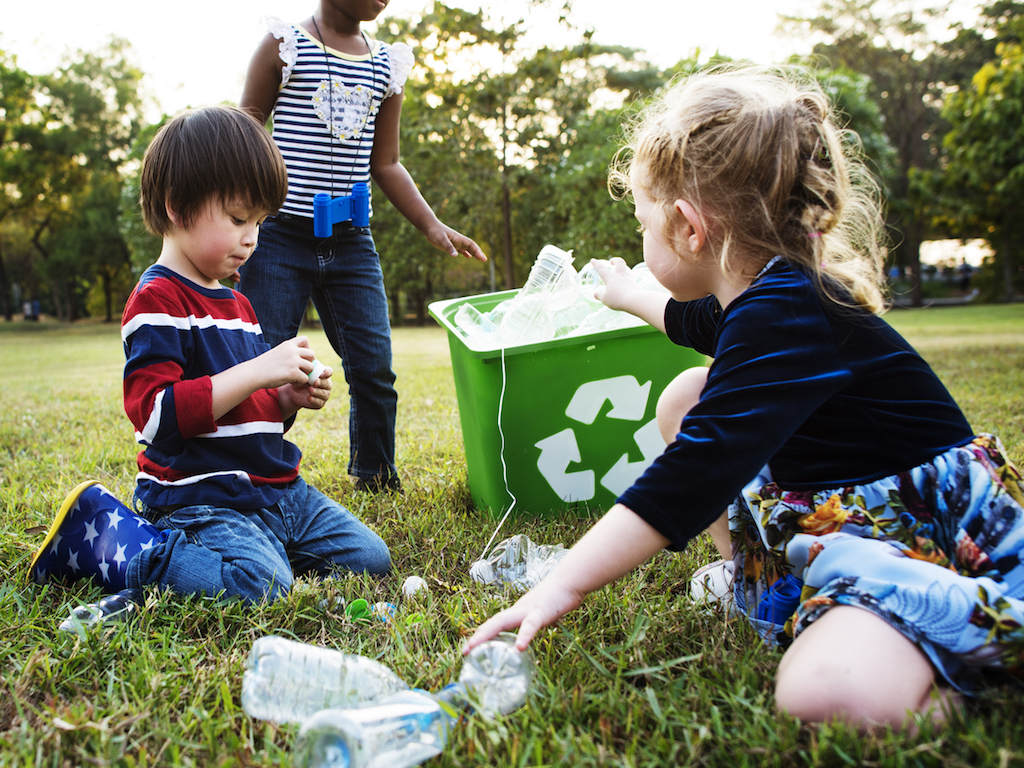3 Mins Read
Generation Alpha – comprised of children born from 2010 to 2025 – is the first generation to be born entirely within the 21st century. While some might instinctively label their legacy as the most technological-infused demographic to date, what might come to define them is their commitment to saving our planet. Born in the midst of a biodiversity crisis, deteriorating natural ecosystems, food insecurity, and escalating climate emergency, this generation, made up of children that are 9 years old and younger, is already committing to undo what previous generations have done, and to reshape the future by putting climate change high on the agenda.
By 2025, Generation Alpha will account for almost 2 billion of the global population. With most of them being children of millennials, they will be the most educated, technologically savvy and well-travelled in history. They aren’t only raised within a digitalised and technological landscape, but have also been thrown into the middle of a quickly deteriorating planet due to continued climate inaction from governments and corporations. This has made them uniquely ethically inclined and value-led, with a 2019 report from Wunderman Thompson Commerce finding that 67% of 6 to 9 year olds say that saving the planet will be the central mission of their careers in the future, joining the fight that current Gen Zs are leading.
This looks likely to become true, as Gen Zs have already demonstrated passionate displays of climate activism, in sharp contrast to big institutions, multinationals and governments who have continually failed to adequately respond to the threat of climate change. Despite the fact that we are already experiencing Arctic wildfires and melting ice caps, more frequent deadly hurricanes and heatwaves and at our current rate, we are still plagued by climate inaction from the most powerful bodies and people in the world. The younger generation are bracing for the most devastating impacts of our environmental damage. This activism, currently driven by Gen Zs most famously in the form of global climate strikes, will hopefully lead to positive changes for our planet when Alphas also join the fight.
This rising generation, who have made their life purpose to reverse the damage humans have done to the planet, will not only be environmentally focused in their careers but will also spend in line with their values. According to the report, over one third of generation Alphas will only buy from companies that are purpose-driven and clear about how they are benefiting the world, whether it be socially or environmentally.
Brands are already stepping up to cater to the mindset of generation As, with a report by research and data analytics company JW Thompson Intelligence finding that many toy companies are shifting products to better align with this socially liberal, inclusive, eco-conscious and health-aware market demographic. For instance, Barbie manufacturer Mattel have recently announced in September that they would be introducing a gender-neutral doll. This shows that despite not being active spenders today, companies are taking them into consideration when making business strategy and brand decisions.
In addition, it is worth noting that parents and grandparents of Alphas may also be swayed – if not now, then in the coming years – by their mission-led ethical and sustainable values. In a WIRED study titled Understanding Generation Alpha, 81% of surveyed millennial parents said that their children’s habits had influence over their purchases.
Many brands are also shifting towards sustainability – or at least trying to appear more green – in order to hold onto consumer appeal in the long-term. A new survey from global consultancy firm McKinsey uncovered that the top reason given by CEOs when implementing eco-friendly practices was in order to align with global “missions or values”. This finding was echoed in a report from The Innovation Group, showing that what used to be perceived as a “box-ticking exercise” is now viewed as a massive business opportunity to innovate and make profits – especially as the sustainability industry is set to be worth US$12 trillion and generate 380 million jobs by 2030.
Lead image courtesy of Shutterstock.




